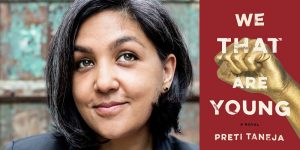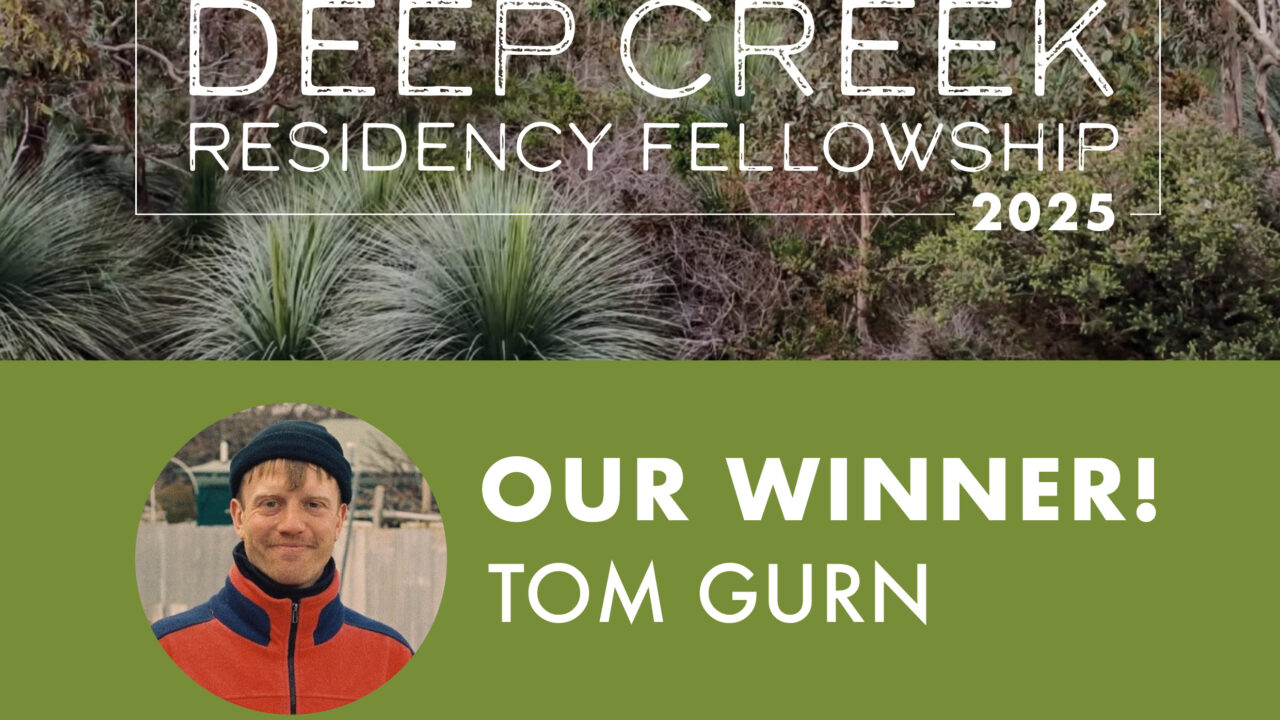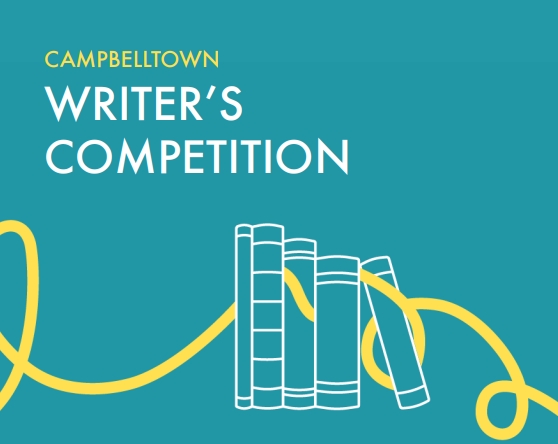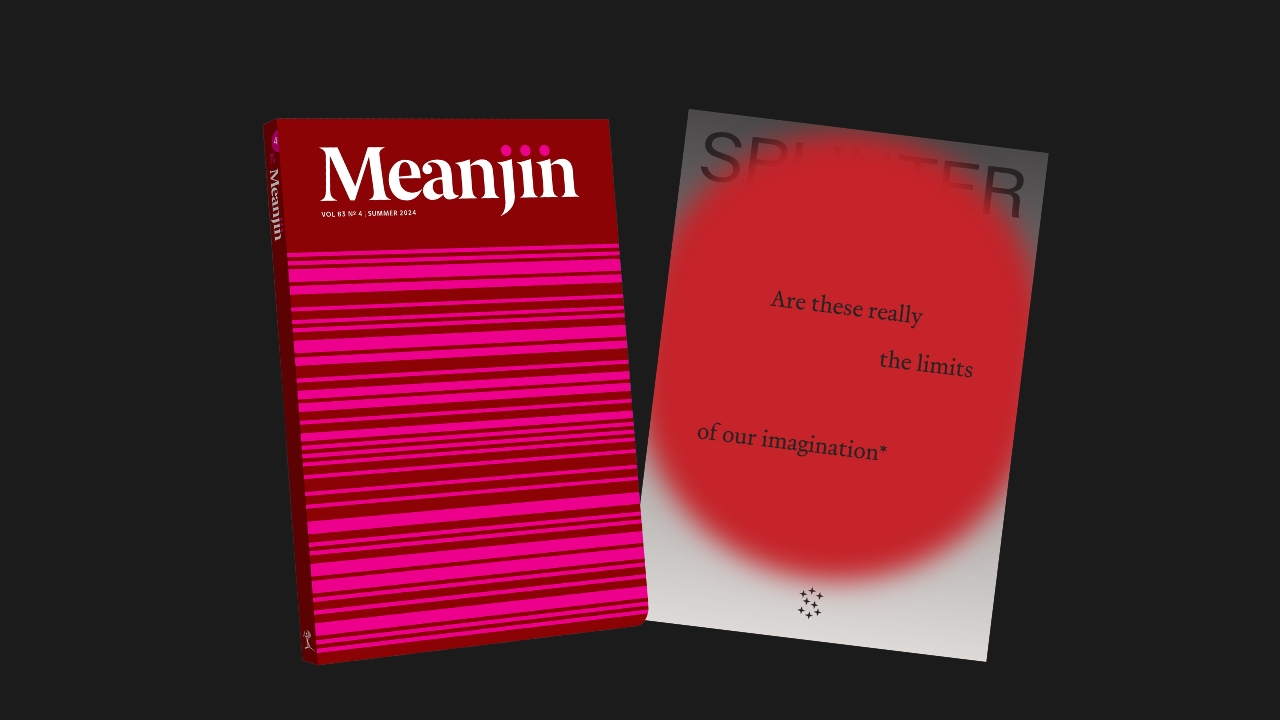Writers SA is thrilled to host British-Asian novelist Preti Taneja, author of We That Are Young, for a special masterclass in association with Adelaide Writers’ Week. In an exclusive and intimate session, find out how Preti was inspired by Shakespeare’s King Lear to write her own novel.
Ahead of her exciting visit to Australia, we asked Preti a few questions about her book, her experience in conflict zones, and her love of writing fiction.

Writers SA: What was it about King Lear that fascinated you to use it as the starting point for your book?
Preti Taneja: First of all it was the language – at school I was gripped by the way Shakespeare manipulates words to suggest the ambiguities of how people feel about one another, and to critique how the social world of power is constructed. Then it was the character dynamics, and the difference between what I could see was happening between the daughters and their father – a ‘divide and rule’ patriarchy – and the way that was understood by critics over time – as evil daughters take down their tragic, heroic father. There seemed some injustice there about the way women are perceived and our lives understood. Finally it was the division of the kingdom – it was the first time I had seen Partition, which is in my family’s Indian history, discussed at school – and I understood the play as a metaphor for something I had only heard about in stories at home.
WSA: How has your work in conflict zones and with refugees influenced you as a writer?
PT: In profound ways, all of my work has to do with advocacy. Listening to people’s stories and reporting on them for human rights work made me want to look at structural discrimination as a novelist, and to do that from a certain point of view: the lives of people who have the power, who make the rules. I want to understand what keeps us all bound and connected – being a refugee is not a job – it’s an imposed category of being and so who makes those rules and circumstances, and how we can challenge them is what interests me.
WSA: What is it that draws you to writing fiction?
PT: Fiction gives me the linguistic and thematic freedom to explore every aspect of life in a way which I hope will reach people who may be saturated with news. Language is my country and fiction – the kind that deeply engages with reality while throwing it into sharp relief – is the place where I am most at home.
WSA: What are you looking forward to experiencing in Adelaide and Australia?
PT: It’s my first time in the country. I’m looking forward to meeting and hearing from as many people as I can and taking it all in; I just want to taste the air.
*








